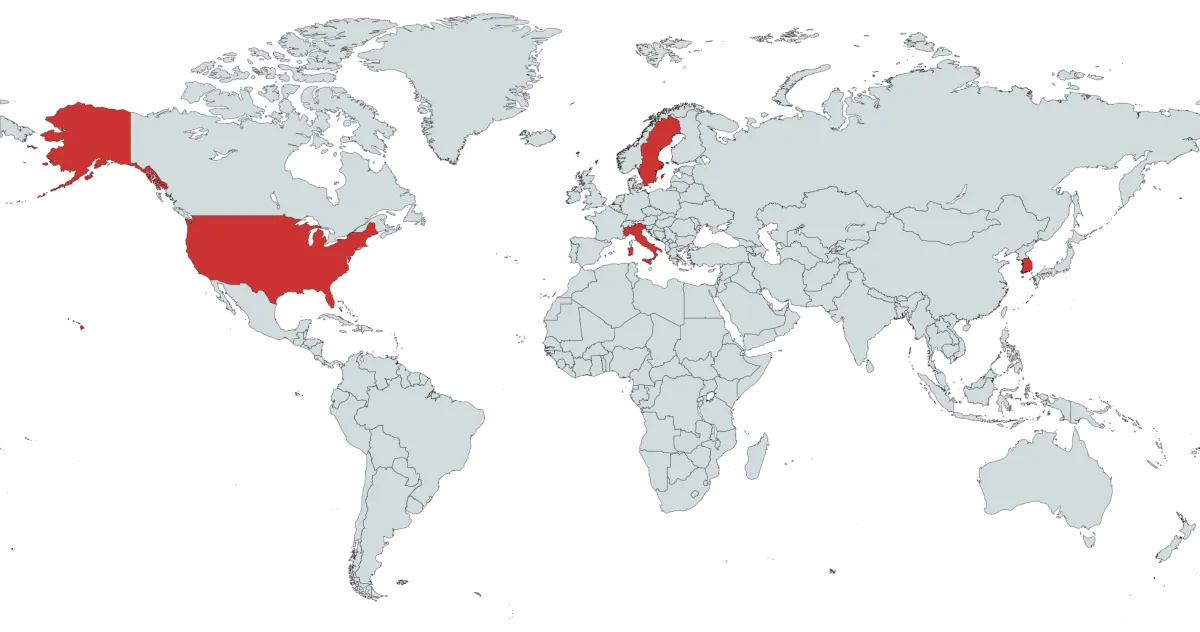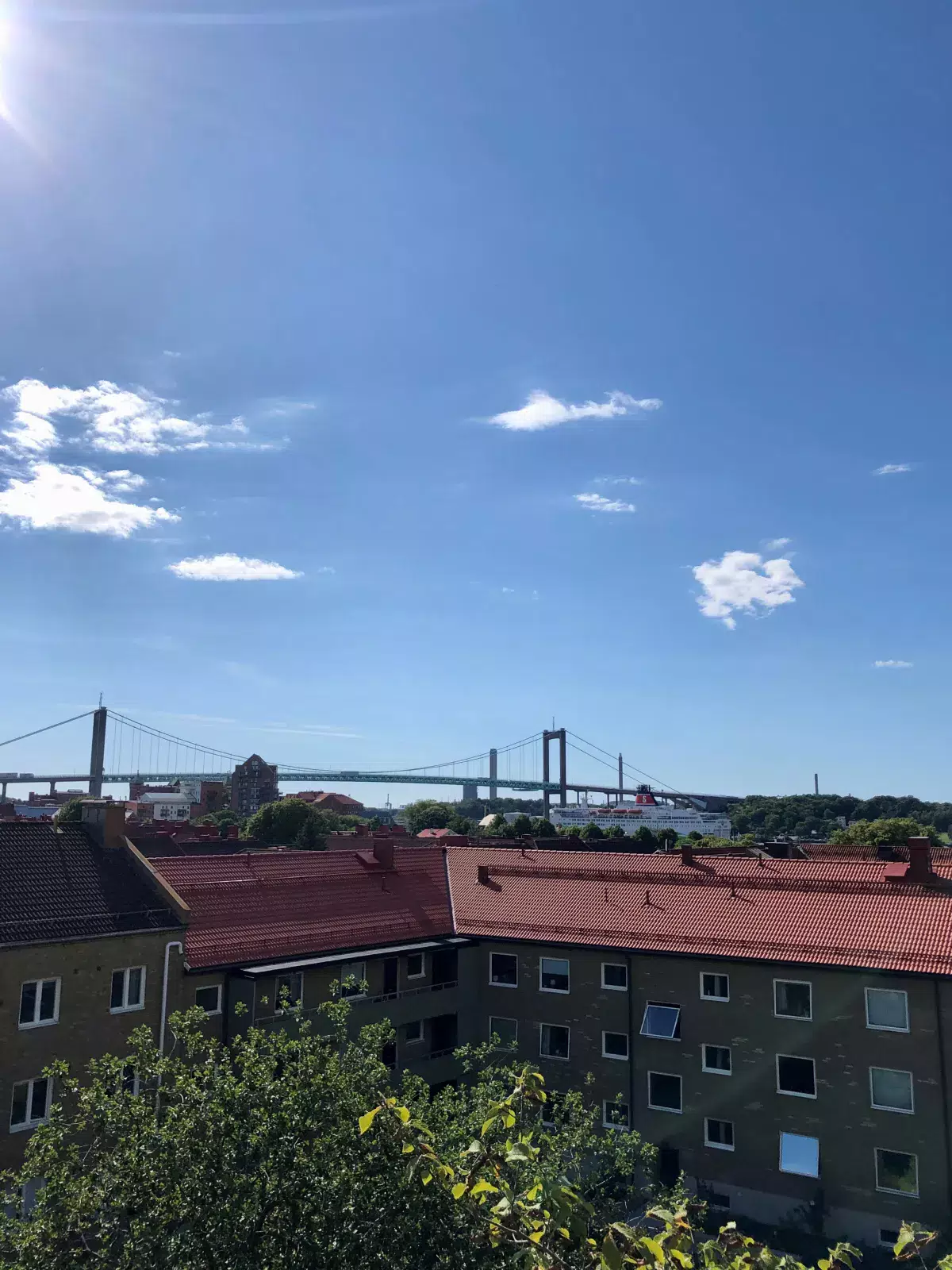Research
The question of what do we leave behind? is key for addressing global challenges for current and future generations. Along with material legacies - inheritance and bequests – we leave various environmental legacies over time: the epitome of these legacies is the climate crisis. Legacies that pass on from one generation to the next are greater in volume and impact than ever before, shaping life trajectories, opportunities and global megatrends.
We are pioneering a novel approach where legacies are viewed as dynamic, future-oriented processes that span co-existing generations. Comparison of contexts, activities and people involved in legacy-making will enable us to develop a novel theory of legacies in the 21st century. This innovative endeavour will provide insights into how everyday practices pertaining to what people leave behind and expect to receive reflect and shape the greatest societal and environmental challenges of today.
The LEGACIES project can also inform theorising on justice and decision-making that seeks to incorporate the voice of future generations.
We explore legacies across four different contexts: Italy, South Korea, Sweden, and the United States. These contexts have been selected because they share the megatrends of inequality, ageing, generational change and environmental crisis, yet they also differ in important ways.
Italy has been ageing for an extended period and currently faces major generational inequalities, which put younger generations at a disadvantage. South Korea, meanwhile, is experiencing a rapid ageing process with extensive generational differences and high poverty in older age groups.
Sweden represents a relatively egalitarian country with long-standing consensus on ‘green state’ policies. In contrast, the United States is characterised by a high level of inequalities and strongly divergent stances on environmental policies.
Comparing these contexts allows us to comprehend the dynamics and differences of legacies.
The project conducts qualitative studies in the case study areas.
För informanter i Sverige (For informants in Sweden)
Ifall du ska delta i forskningen, var vänlig och läs först dataskyddsförklaringen nedan.




